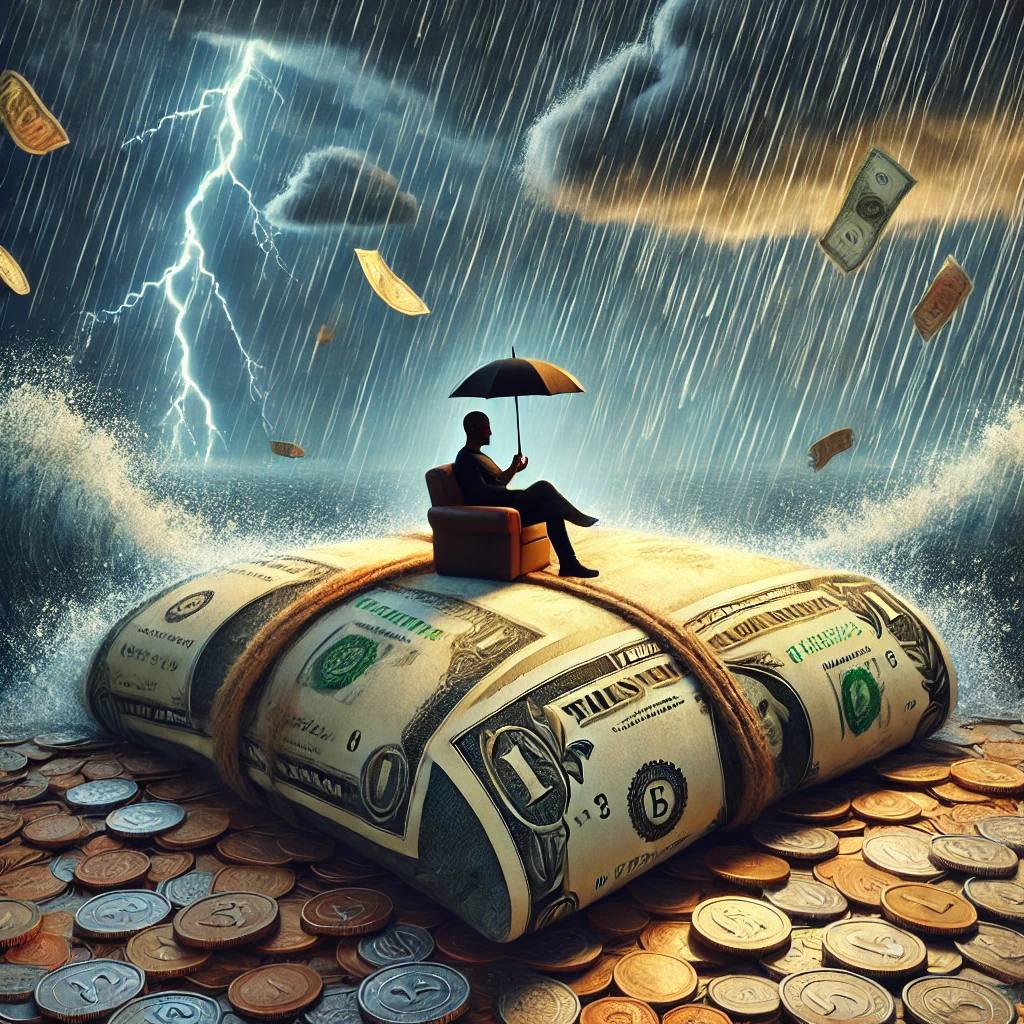Previously, we discussed how to store cryptocurrencies and the mistakes to avoid. Now, with some basic knowledge, let’s figure out where to start, and the most important question: where to get the money for investments?
It’s no secret that the majority of wealth is concentrated in the hands of a small percentage of people — the wealthiest individuals in the world and other millionaires. Of course, not all of them were born rich. Many of them might have once lived paycheck to paycheck, without inheritances or wealthy parents. Naturally, there are also many young millionaires under 30 who achieved their wealth through perseverance, innovative ideas, constant work, and belief in projects that would bring them great money in the future. But most rich people became financially independent not before the age of 35, and some even later, in their 40s or 45s. There was no magic wand that brought them their fortune in a single swoop. Not everyone is a genius, and far from all of them have ideas or opportunities to build multimillion-dollar businesses. But everyone has to start somewhere, and the key question is — where to get the money?
We recommend that you invest first and foremost in yourself and your knowledge. There are many books on financial literacy that explain in simple, accessible language how to manage your finances. We suggest reading books like “The Richest Man in Babylon” by George S. Clason, “Money: Master the Game” by Tony Robbins, and “The Latte Factor” by David Bach. There are, of course, many other books, but these provide simple examples of how to accumulate wealth and achieve financial independence.
It’s important, and perhaps the most crucial thing — pay yourself first, and then take care of everything else. What this means is that you should set aside at least 10% of your salary immediately. This is the foundation, and it’s as simple as that. What if your salary is not enough? The books mentioned above, particularly “The Latte Factor”, offer great examples of how to change your financial habits.
First and foremost, you need to build an emergency fund, even if it’s a small one — but it must be there. Only after that, you can start investing, using either 50% of your emergency fund or money from future earnings.
Why is this so important? Because, just like the markets, life is unpredictable, and anything can happen (war, illness, etc.). You don’t want to be in a situation where you have to sell your assets at a loss because you urgently need money, and you don’t have a financial cushion…
To repeat what we’ve said in previous articles — getting rich slowly, but steadily, is the key to success. You might not become a multimillionaire, but you’ll have a financially secure life and peaceful retirement, especially if you set your investment horizon not for just a couple of years, but for 10, 20, or even 30 years. If you start accumulating and investing money at 30, by the time you’re 60, you’ll be guaranteed a comfortable retirement.
It’s also important to remember that you shouldn’t keep most of your money in cash, especially in national currencies. Store your money in hard currencies (euro, dollars). Of course, inflation will also affect hard currencies over time, but it won’t be as critical, firstly in comparison to national currencies, and secondly, you’ll have an investment portfolio that will generate passive income.
Part of your emergency fund can also be kept in gold and silver — these assets have repeatedly proven their stability in the long term.
